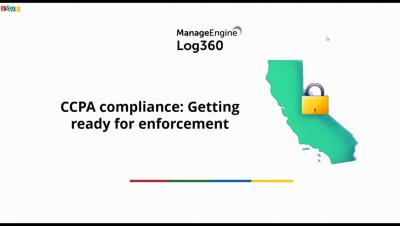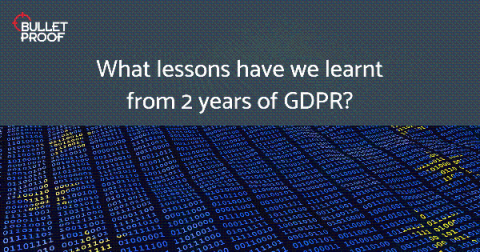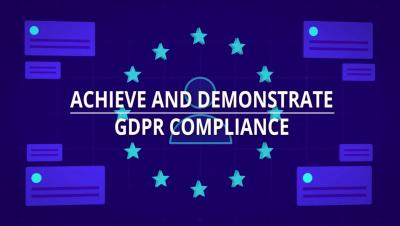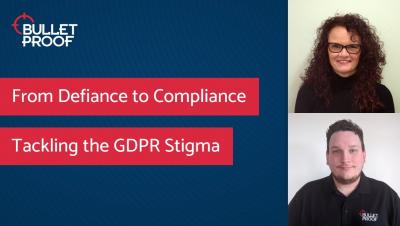How to Comply with the Sarbanes-Oxley (SOX) Act
Compliance with the Sarbanes-Oxley Act of 2002 is a legally mandated must for all U.S. public companies and some other entities, as well. But meeting the requirements of this important law can be incredibly difficult. Preparing for a SOX compliance audit requires so much work that companies often designate entire teams full-time to the task. The law is that complex.










